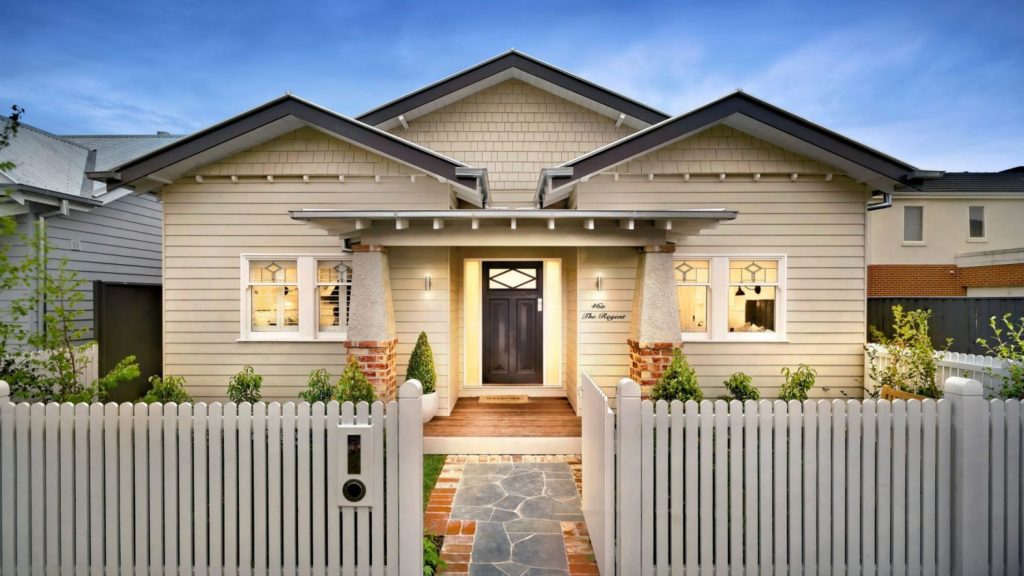Savings poor but house rich? A reverse mortgage can be a popular way to generate needed cash as we get older to supplement retirement income, pay off a mortgage or handle medical expenses. But is a reverse mortgage right for you?

According to the organization Debt.org, “one-third of US households have nothing saved for retirement and the remaining two-thirds have an average of (only) $73,000 saved.” With social security and perhaps a pension as the only source of income during retirement, it can be tempting to tap into your home’s equity, especially if it is paid off. But does a reverse mortgage make sense? And what are the downfalls that a borrower needs to look at to avoid getting into hot water.
What is a Reverse Mortgage?
A reverse mortgage is a loan available to homeowners over the age of 62 that allows them to convert part of the equity of their home into cash. The funds can be delivered as a lump sum, fixed monthly payments or as a line of credit. As with a standard mortgage, the borrower must apply and go through a financial assessment where credit score, assets, income and other debts are reviewed before approval. The major difference between a reverse mortgage and other types of home equity loans is that borrower does not need to make payments on the loan or pay interest while living in the house and the loan does not have to be paid off until the home is sold or vacated. (However, the borrower is responsible for continuing to pay property taxes and insurance as well as making needed repairs.) The loan proceeds can be used to pay off debts (including the balance on the mortgage itself), provide monthly income or pay healthcare expenses, no restrictions. The borrower also retains title.
Kinds of Reverse Mortgages
The most common kind of reverse mortgage is called a Home Equity Conversion Mortgage or HECM. A HECM is a “non-recourse” loan insured by the FHA meaning that the loan is secured solely by the property, rather than by the borrower. If, when the home is sold, the value of the home is less than the loan (upside down), the FHA will cover the balance. This lends a bit of security to the borrower. The downside are the fees which can add up – the loan originator collects a mortgage insurance premium (MIP) equal to 2% of the home’s appraised value and the FHA collects an annual premium equal to .5% of a loan’s balance. Proprietary reverse mortgages are less common and are for properties that are ineligible for FHA financing (more common with condos) or whose value exceeds one million dollars. Proprietary reverse mortgages are privately insured and have less regulations and typically less fees that HECM’s.
How Much Cash Can I Get from a Reverse Mortgage?
The amount of cash you can receive from a reverse mortgage depends on your age, the appraised value of your home, if a balance is still owed, fees and interest rates. Check out the reverse mortgage calculator from LendingTree to see what’s available for you.
Is a Reverse Mortgage Right for Me?
With any financial product, there are pros and cons. A reverse mortgage may be right for you if:
- You own your home outright – while you still can obtain a reverse mortgage with a loan balance, that amount can sharply reduce the funds you will receive (as the loan must be paid off first) or can make you ineligible for one.
- And you have substantial equity in your home. According to current HUD rules, only 58% of a home’s equity can be borrowed with a reverse mortgage. Also, since no payments are being made, the loan balance increases as interest and fees are added.
- You have no debt including installment or student loans.
- Have enough monthly retirement income to pay the taxes, insurance and fees (although fees can be rolled into the reverse mortgage or paid from a cash payout). Proceeds from a reverse mortgage are tax free and do not affect social security or Medicare payments.
- Both you and your spouse (if married) are over the age of 62. Due to HUD rules that took effect in 2014, an eligible borrower’s spouse who is under the age of 62 can be listed on the loan as a “non-borrowing spouse.” However, if the borrower passes away, the younger surviving spouse must prove that he or she has a legal right to stay in the home and can no longer access the remaining loan balance.
- You are reasonably healthy, plan to make the home your primary residence and are not looking at moving or transitioning into assisted living. According to FHA rules, the loan becomes due “if the borrower vacates the property for more than 12 months for medical reasons or 6 months for non-medical reasons.”
- You are not looking at leaving the home to children or other heirs. The loan becomes due when the last surviving borrower dies. While a home could be willed to beneficiaries, they would not be able to live in the home or receive proceeds from the home’s sale until the loan is paid off.
A reverse mortgage can be a great product and provide income for the right scenario. See what’s right for you by contacting the trusted professionals at Lending Tree.

